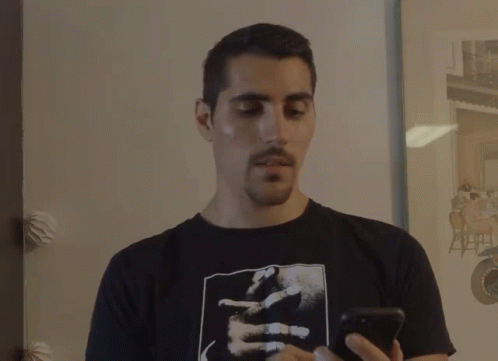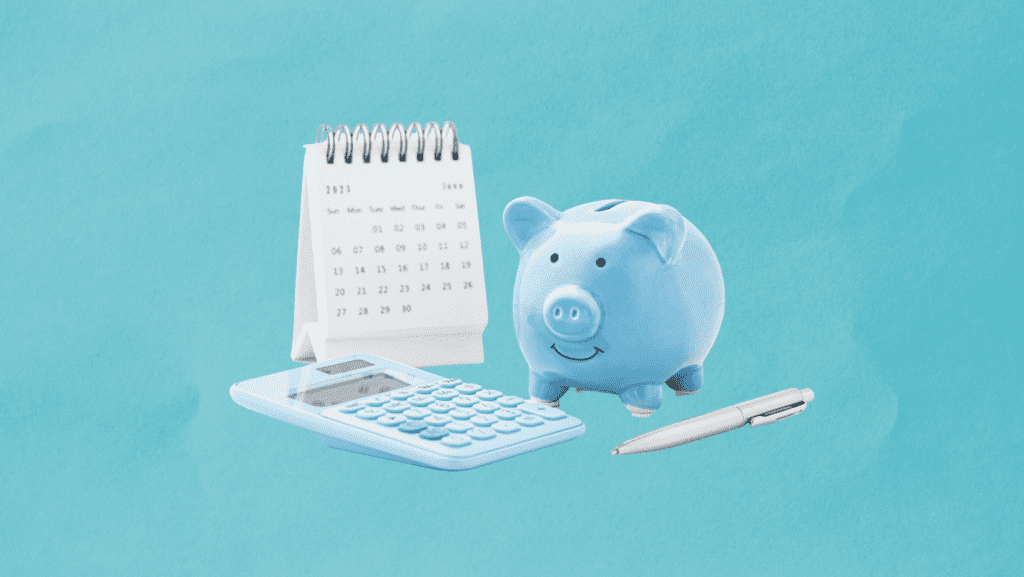As we bid 2022 farewell and welcome a fresh new start (hello, 2023!), there’s no better time than now to evaluate your financial situation. After all, we all know the importance of developing healthy financial habits when it comes to achieving long-term financial stability and success, but, truth is, we all fall short at times!
So, did you overspend in 2022? Were you unable to maintain an emergency fund? Or did you save less money than you had originally intended? Well, if you struggled to meet your financial goals this year, let’s help you start with a blank state in 2023.
If you’ve been giving yourself broad financial goals that you’re struggling to achieve, like creating a budget, tracking your spending, or contributing to your savings, then we’ve got you covered. In this blog, we outline four personal habits you need to adopt in 2023 to help you reach those financial goals sooner than you think!
- Be More Mindful
- Learn Your Spending Triggers
- Pay Yourself First
- Manage Your Paid Subscriptions
- Be More Mindful
One of the key habits we can all adopt in 2023 is mindfulness. However, we’re not going to sugarcoat this, as being mindful takes time and effort to master! It involves paying attention to your spending habits and being more aware of where your money is going. Essentially, being intentional with your finances allows you to stay in control and make informed decisions about your money to help you avoid financial pitfalls, such as overspending or not saving enough for the future.
Remember that every purchase you make is effectively a withdrawal from your future financial freedom, and may even drastically impede your journey getting there. So, is that new watch, pair of shoes, or handbag, really worth it? Think twice before splurging and ensure that you’re purchases align with your financial goals and values.
The key here is to commit to staying aware and consciously present in what you’re doing and know why you’re doing it. Once you get the hang of it, the benefits of mindfulness are everlasting and oh-so fulfilling!

- Learn Your Spending Triggers
If you find that mindfulness doesn’t come so naturally to you, then perhaps you need to identify your spending triggers. Now, making purchases is a part of daily life. Whether it’s a trip to the grocery store or a big purchase like a car, we all have to make decisions about what we buy and how much we spend.
However, it’s important to be aware of your spending triggers when making these decisions and not just blindly throw money at whatever catches your eye, especially if you have a tendency to dine out frequently or shop online like it’s your second job. Essentially, learning your spending triggers means specifying the things that cause you to spend beyond your means, whether it’s down to emotional shopping, FOMO (fear of missing out), or simply a lack of financial planning.
For instance, let’s just say your spending trigger is an offer email from your favorite clothing store. The easiest way to combat this would be to unsubscribe from that specific store’s emails. By actively learning and avoiding your spending triggers, you can soon overcome them and make better financial decisions for yourself!

- Pay Yourself First
One habit that many people overlook is paying themselves first. What most people do is save whatever money they have left at the end of each month. But, let’s be honest, how many times have you been left with, well, nothing?
The solution to this is rather simple: Pay yourself first. Warren Buffett said it best: “Do not save what is left after spending; instead spend what is left after saving.” Paying yourself first means investing in your future and setting aside money for long-term goals, such as retirement or buying a house, and making smart investments that can help you grow your wealth over time.
All you have to do is simply transfer a portion of your income to personal savings, emergency funds, and investments before paying your bills or making other purchases. You could even automate these transfers. In fact, there are investment platforms that allow you to invest from as low as AED 500 (about $140) to help you build that solid financial foundation for the future. One such platform is SmartCrowd, a real estate crowdfunding platform based in the UAE, which allows you to invest in real estate through fractional ownership. This is an incredibly simple way for you to grow your wealth without any hassle, so there really isn’t an excuse!

4. Manage Your Paid Subscriptions
Make it a habit in 2023 to routinely review all your paid subscriptions and services, from mobile apps to streaming websites. This involves going over all the services and subscriptions you’re paying for and canceling any that you don’t really need, use or even enjoy.
Plus, if you can negotiate better deals, then why not? Maybe your cellphone providers can offer you greater value for the service at a lower rate. Besides, companies are often willing to negotiate, especially if you’ve been a loyal customer for a long time. Habitually reviewing your subscriptions can free up more money for other financial priorities, such as saving or investing!

To Sum Up
In conclusion, adopting these four financial habits in 2023 can help you improve your financial well-being and achieve your financial goals. Though these personal habits might seem small at first, they have the potential to collectively add up to significant savings, putting you in a much better financial position by the end of 2023!
So, as you welcome the new year, it pays to think about your financial habits and whether they’re serving you well. By being more mindful of your spending, learning your spending triggers, paying yourself first, and reviewing your paid subscriptions, you can take control of your finances and make better financial decisions.
So, what changes do you have in mind for 2023?
ALSO READ: Why Invest In Real Estate Through Fractional Ownership?






